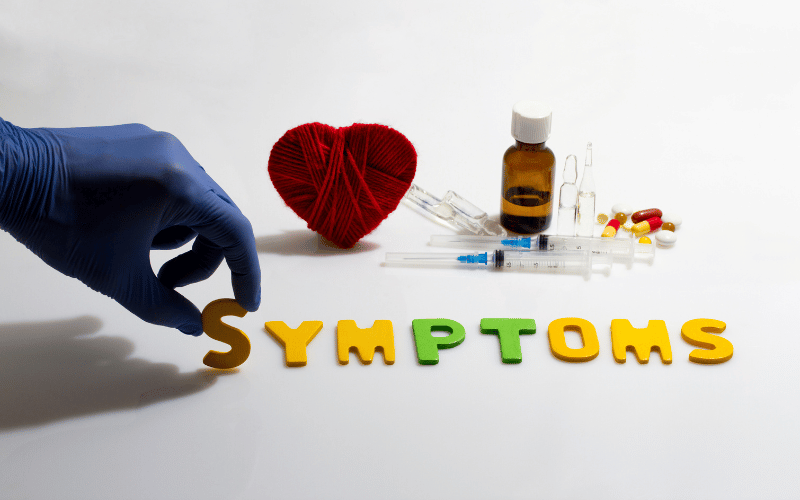Fact 4: Symptoms to Look Out For

When we speak of symptoms associated with stomach cancer, it’s not a straightforward list. In its early stages, the manifestations can be subtle, often resembling routine digestive issues. This ambiguity makes stomach cancer a sneaky adversary.
Initially, the most common symptoms might include persistent indigestion and a bloated sensation after meals. To many, these may seem like trivial concerns, usually attributed to a heavy meal or spicy food. But when these symptoms linger or intensify, they can be red flags.
As the disease progresses, more concerning symptoms emerge. These can range from a nagging stomach pain, which can sometimes be mistaken for gastritis, to more alarming signs like unexplained weight loss. This weight loss often takes place because the cancerous growth can affect appetite, making one feel full even after consuming minimal food.
One symptom that raises immediate concern is the presence of blood in the stool. It might manifest as black, tarry stools, indicating internal bleeding. This bleeding is usually a direct result of the growing tumor, which can erode the stomach lining, leading to bleeding. Simultaneously, there could be instances of persistent vomiting, which not only suggests stomach disturbance but also potentially indicates the body’s attempt to expel something harmful.
Another cluster of symptoms revolves around general body health. This includes excessive fatigue, which isn’t just the regular tiredness one feels after a long day but a deep-seated exhaustion. Additionally, the appearance of jaundice, or a yellowish tint to the skin and eyes, can be indicative. While these symptoms don’t conclusively confirm stomach cancer, their persistence warrants a thorough medical check-up. (4)